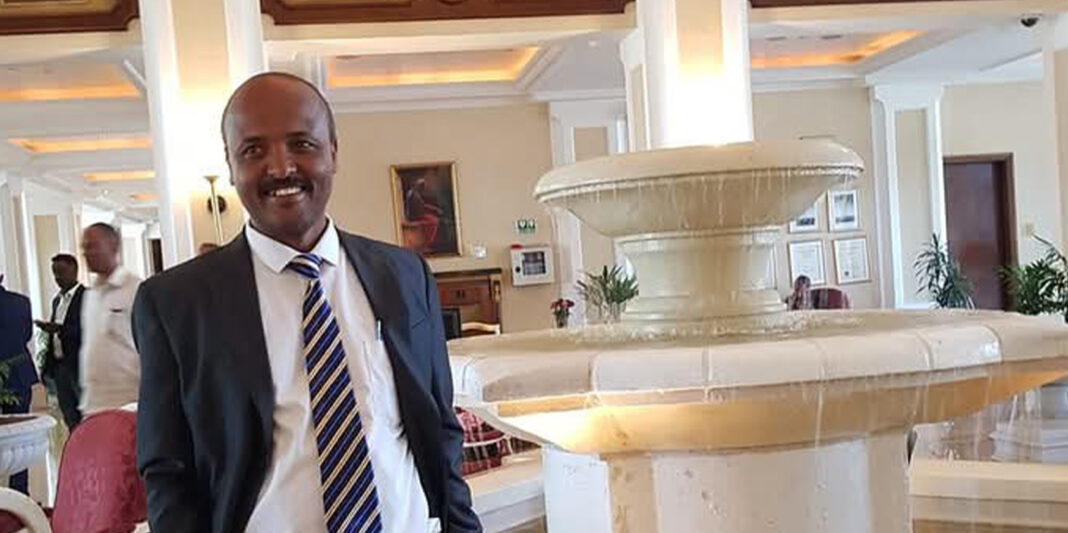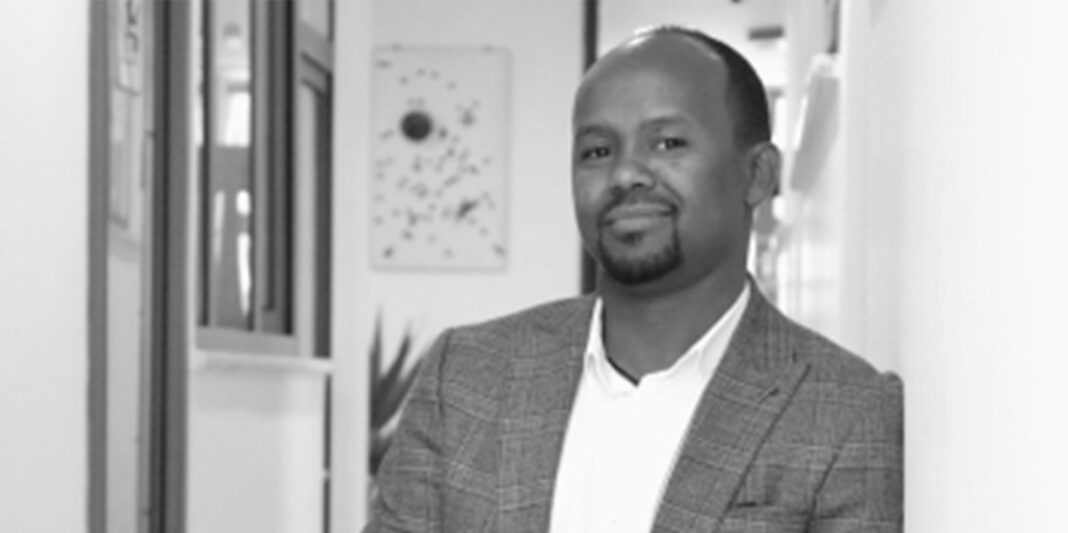The renowned management scholar Peter Drucker famously stated that countries experiencing slow growth are often “mismanaged in leadership.” This observation underscores the crucial role of human capital, particularly ethical leaders, in shaping the success or failure of nations and enterprises.
In their book Why Nations Fail, Acemoglu and Robinson assert that the primary distinction between prosperous nations and those trapped in poverty lies not in natural resources, climate, or culture, but in the leaders’ ability to create inclusive political and economic institutions. If external factors were the key determinants, North and South Korea would exhibit similar growth patterns. Instead, the disparity arises from South Korea’s success in establishing an inclusive political system grounded in the rule of law—not the rule of officials—which promotes innovation and economic vitality. The foundation of such an inclusive system is the presence of ethical leaders. Morally exemplary leaders foster inclusive institutions, while morally corrupt officials create extractive systems, normalizing corruption, undermining social capital, and leading nations toward collapse.
Globally, nothing affects institutions and nations as profoundly, for better or worse, as ethics.
The prosperity of developed nations rests on an ethical foundation. The rise of the Western world is often attributed to the “Protestant Ethic.” Likewise, China’s remarkable growth, which lifted over half a billion people out of poverty within 30 years, involved significant shifts away from outdated traditional values. The rapid development of East Asian nations like South Korea is linked to a strong sense of national consensus. In these countries, standards were so high that customs officials refrained from stealing goods prepared for export, and engineers maintained quality in public works projects—schools, hospitals, and roads—without succumbing to personal gain. This professionalism starkly contrasts with our context, illustrating how ethics serves as the foremost preventive measure against corruption.
Society rightly expects fair, efficient, and accurate service from all public institutions. Today, the principles that “The customer is always right” and “customer sovereignty” are increasingly embraced. An organization, institution, or country that neglects customer satisfaction risks self-destruction, particularly as appealing, boundary-less service providers become more prevalent.
The Detrimental Impact of Corruption
Despite public expectations for fair service, ethical values are rapidly declining in the public sectors of many developing nations. This decay is primarily evident in corruption, defined as the abuse of public authority for private gain. The damage it causes is extensive:
Political Impact: Corruption undermines the rule of law and poses the greatest obstacle to democracy. In environments where corruption is rampant, institutions cannot be established—only the rule of individuals prevails—rendering the creation of sustainable, inclusive political and economic systems impossible.
Economic Impact: Corruption erodes national wealth. Limited public resources are often misallocated to economically questionable projects (such as certain dams or pipelines) that provide minimal benefits to the poor. It hampers the expansion of vital services like education, healthcare, and water supply to rural areas. Crucially, it stifles competition, contracts the free market, and significantly reduces investment.
Social Impact: The most severe damage occurs in the erosion of the social fabric. Corruption diminishes public trust in the political system, breeds despair and indifference towards public servants, and ultimately drives unscrupulous leaders to transfer national wealth abroad. Furthermore, it normalizes bribery, transforming the act of soliciting and offering bribes from an ethical failure into an accepted, destructive behavior.
Defining and Building Ethical Leadership
Building ethical leadership is the primary solution to combatting the pervasive corruption in Ethiopia. Ethical leaders inspire ethical followers, and together they cultivate an ethical culture.
What is an Ethical Leader?
A leader is defined as someone with followers, regardless of their formal authority.
An ethical (moral) leader is guided by strong principles, committed to truth, and dedicated to pursuing what is right, fair, and just, serving as an exemplary role model for their followers.
Ethical leadership involves consistently applying ethical actions and judgments in all decision-making, always promoting the common good.
Principles of Ethical Leadership
Respect and Service: Ethical leaders respect and serve others. (The servant-leader is servant first. True followership requires genuine servitude.)
Righteous Action: They decide and implement what is right.
Honesty: They embody honesty, both in their words and actions.
Community Building: They actively foster community and social capital.
Role Modeling: They serve as impeccable role models through both their words and actions.
Constructing an Ethical Organization
A good reputation is essential—it determines success or failure. As Warren Buffett noted, he places the highest value on his reputation, which takes years to build and seconds to destroy. Therefore, organizations must focus on cultivating a strong ethical culture guided by four cultural pillars: clear ethical values, impartial judgment, incentives, and sustainable cultural practices.
Clear Ethical Values: Strategies should be grounded in clear principles and supported by a concise, inspiring mission statement. A mission must serve as a guiding policy for hiring, promotion, and separation, reflecting the institution’s ethical standards. (Example: Patagonia’s mission: “Build the best product, cause no unnecessary harm, use business to inspire and implement solutions to the environmental crisis.”)
Impartial Judgment: Individuals often overlook the ethical dimensions of their decisions, leading to ethical lapses (e.g., hiring a friend without considering the impact on more qualified but unknown candidates). To ensure impartial judgment, leaders must “think twice” to avoid bias between familiar individuals and those they do not know.
Incentives: Incentives must be explicitly connected to ethical behavior. Results should be evaluated not just on what was achieved, but how it was achieved (ethically or unethically). Ethical employees should be rewarded with both extrinsic (financial) and intrinsic (recognition, appreciation, positive impact, fulfilling work) rewards. Leaders must emphasize non-financial recognition to strengthen an ethical mindset.
Cultural Practices (Ethical Beacons): While senior leaders set the tone, establishing strict ethical standards for middle management is crucial, as they influence the daily behavior of employees. Good principles foster good followers. If mid-level managers lie, cheat, or steal, the likelihood of subordinates mimicking these behaviors increases exponentially. Implementing these ethical standards as “Ethical Beacons” guides the entire workforce.
By focusing on the development of ethical leaders and ethical organizations, we can collectively create a better future for Ethiopia.
You can find the writer via Sintayehugirma57@gmail.om







